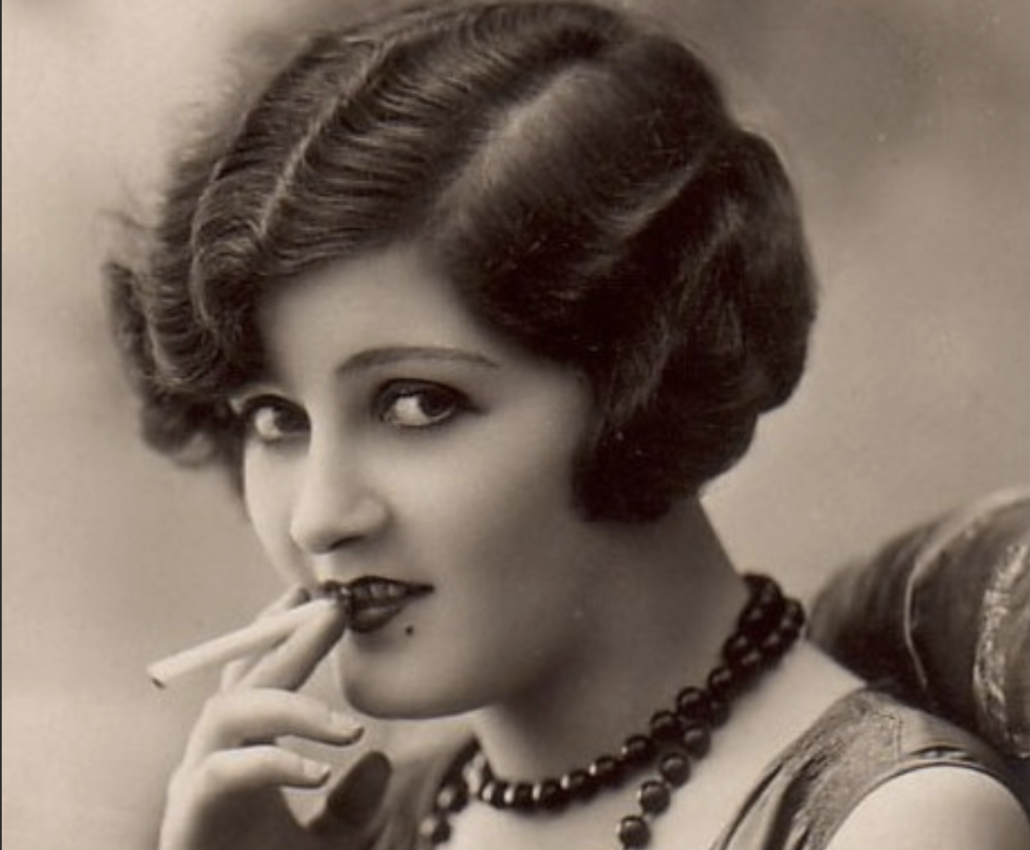If your mother or grandmother was ever hooked on cigarettes, odds are good it’s because of the work of a man named Edward Bernays.
I learned of Bernays while doing research for my novel, “Cast Aside: With Bushman at the Unmaking of ‘Ben-Hur’ in Italy.” The male narrator there is actually hired as press agent to help shunned movie idol Francis X. Bushman stage his comeback in 1924. Anyone working in the publicity game of the 1920s would have been aware of Bernays’ seminal 1923 book “Crystallizing Public Opinion,” and of his groundbreaking work for President Woodrow Wilson.
Bernays was the American nephew of Viennese psychotherapist Sigmund Freud, and had developed his own theories on how to exploit unconscious human impulses. While managing publicity for the latest U.S. tour by opera singer Enrico Caruso, World War I broke out. When it seemed to Woodrow Wilson that America could sit by no longer, he asked Bernays for advice on how to persuade Americans of the importance of getting involved in the far-off conflict.
Dubbing it “the war to end all wars,” Bernays ran with the promise of “making the world safe for democracy.” Almost unnoticed, Bernays shifted the whole purpose of advertising away from exploiting human needs and toward whipping up hidden desires.
After the war, Bernays founded the Council on Public Relations with the intention of using the same methods during peacetime.
Soon U.S. tobacco companies came to Bernays with a different marketing challenge. A longstanding social taboo against women smoking in public was limiting their sales. Borrowing a page from the suffragettes, Bernays framed the issue of women smoking as a challenge to male power. He devised a campaign that branded all cigarettes seen in the hands of ladies as “torches of freedom.”

Women had no sudden new need for tobacco. But Bernays’ ads made them feel they had to show their independence. Soon women were smoking on the street and in restaurants, at society galas and, most significantly, in Hollywood movies.

The idea that it was somehow more enlightened to smoke had an unforeseen consequence: It made women seem more approachable and “sporting” to carefree bachelors.
Even while despots in Europe were adopting Bernays’ ideas for controlling the masses, his ideas were doing untold damage in America. If crowds could be so easily manipulated on an unconscious level, how could a majority of voters be trusted to make rational, informed choices as to the direction of the country? Trust in the institution of democracy itself was eroding.
Polls and media specialists were suddenly crucial in the running of a successful political campaign. The republic was vulnerable to ideas planted by invisible elites. The party that proved most adept at stoking discontent could “engineer” popular consent for its agenda and ride the wave to victory.
A full-length documentary on Edward Bernays and the writing of his 1923 book “Crystallizing Public Opinion” can be found on YouTube here:




Leave a Reply